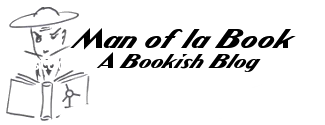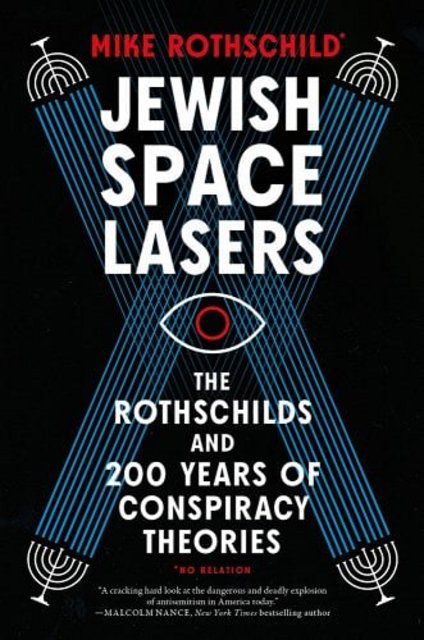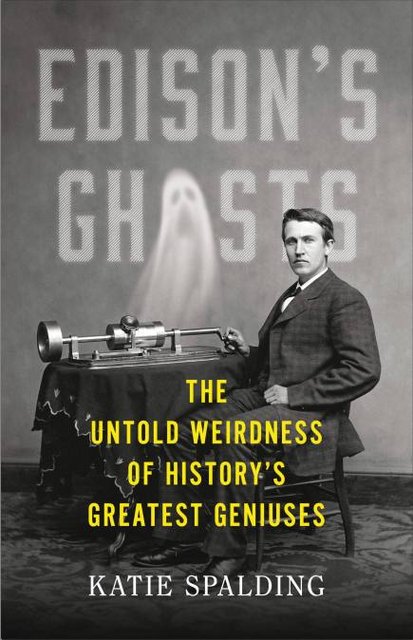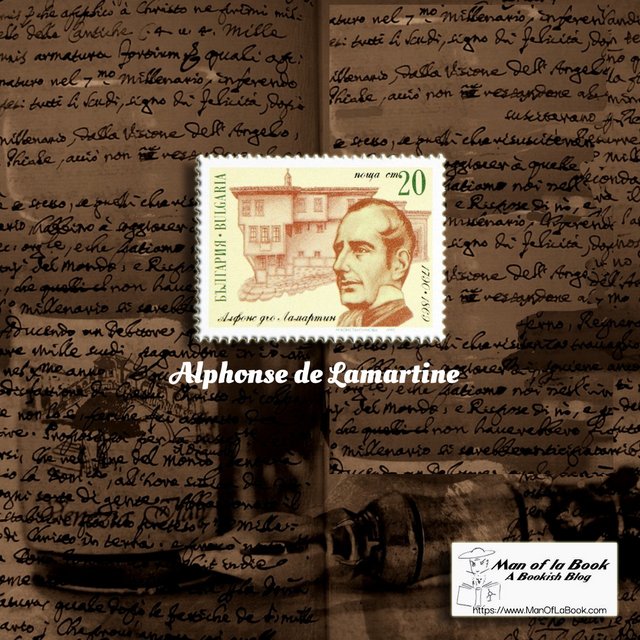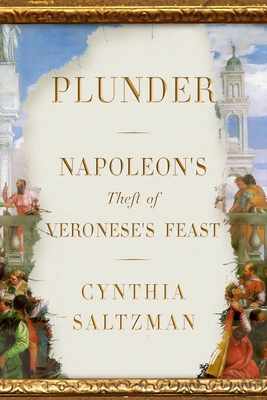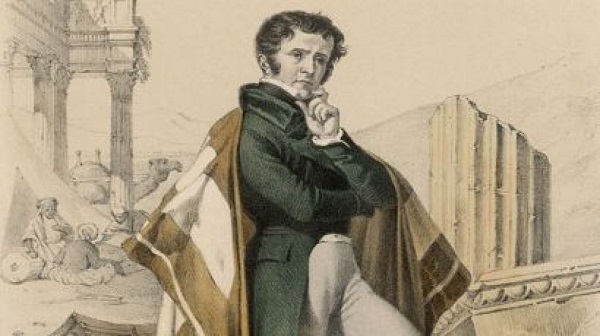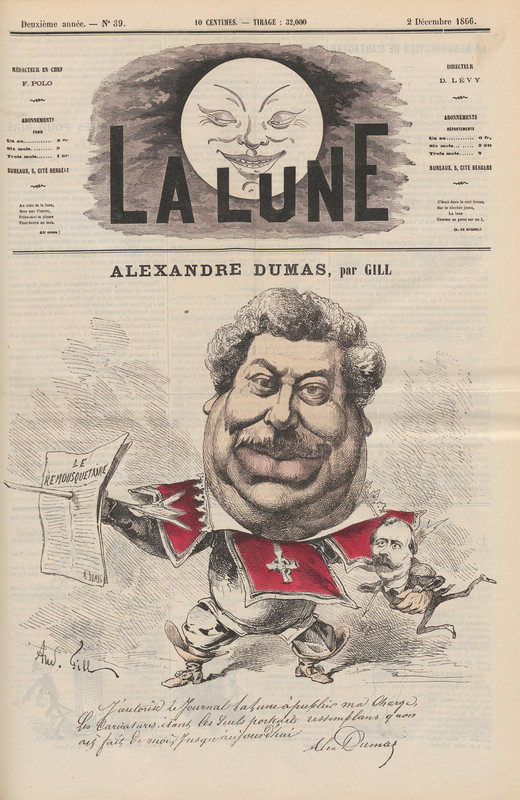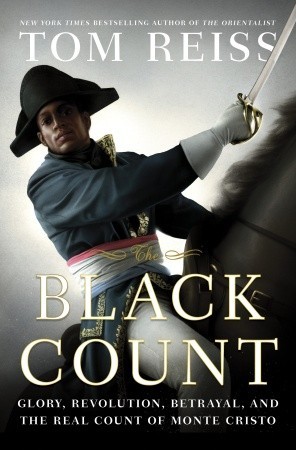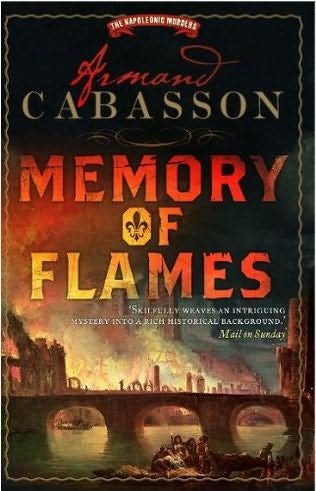Jewish Space Lasers by Mike Rothschild debunks the conspiracy theories surrounding specifically the Rothschild family specifically & the Jewish people generally
The untold weirdness of history’s greatest geniuses. Laugh & learn with 30 mini-bios that humanize these larger-than-life figures. Perfect for teens and adults
Alphonse de Lamartine was a poet, author, and statement from French. He is remembered for being a key player in the foundation of the Second Republic
The subject might be just one painting, but it also tells of the history of the time, military tactics, art history, and religious and regional politics
François-Auguste-René, vicomte de Chateaubriand (4 September, 1768 – 4 July, 1848) was a French author and diplomat, known as one of the first Romantic writes of his country.
Beyond Vom Kriege: The Character and Conduct of Modern War by R. D. Hooker Jr. is a non-fiction consisting of essays about the theory of war.
In 1830 Alexandre Dumas worked as a scribe for duc d’Orléans who later became King Louis Philippe.
It is clear that the author developed a great admiration towards General Dumas, a bastard son of a nobleman, born to a slave on the island of Saint-Domingue and rising to be a hero of the French Republic, albeit forgotten.
The author’s astute understanding of the material has provided the book with a fresh take on a man that so much has been written about. Mr. Robert’s understanding of the times and personalities helped him convey that information in a clear, concise manner which kept this book relatively short (considering Napoleon’s notoriety and achievements).
The author sets the stage early, Lt. Col. Quentin Margont, the pragmatist protagonist, sees the world in black and white, the political weasel Talleyrand who only sees shades of grey and dances political circles Napoleon’s brother, Joseph, whose ego gets in the way of him seeing reality.
